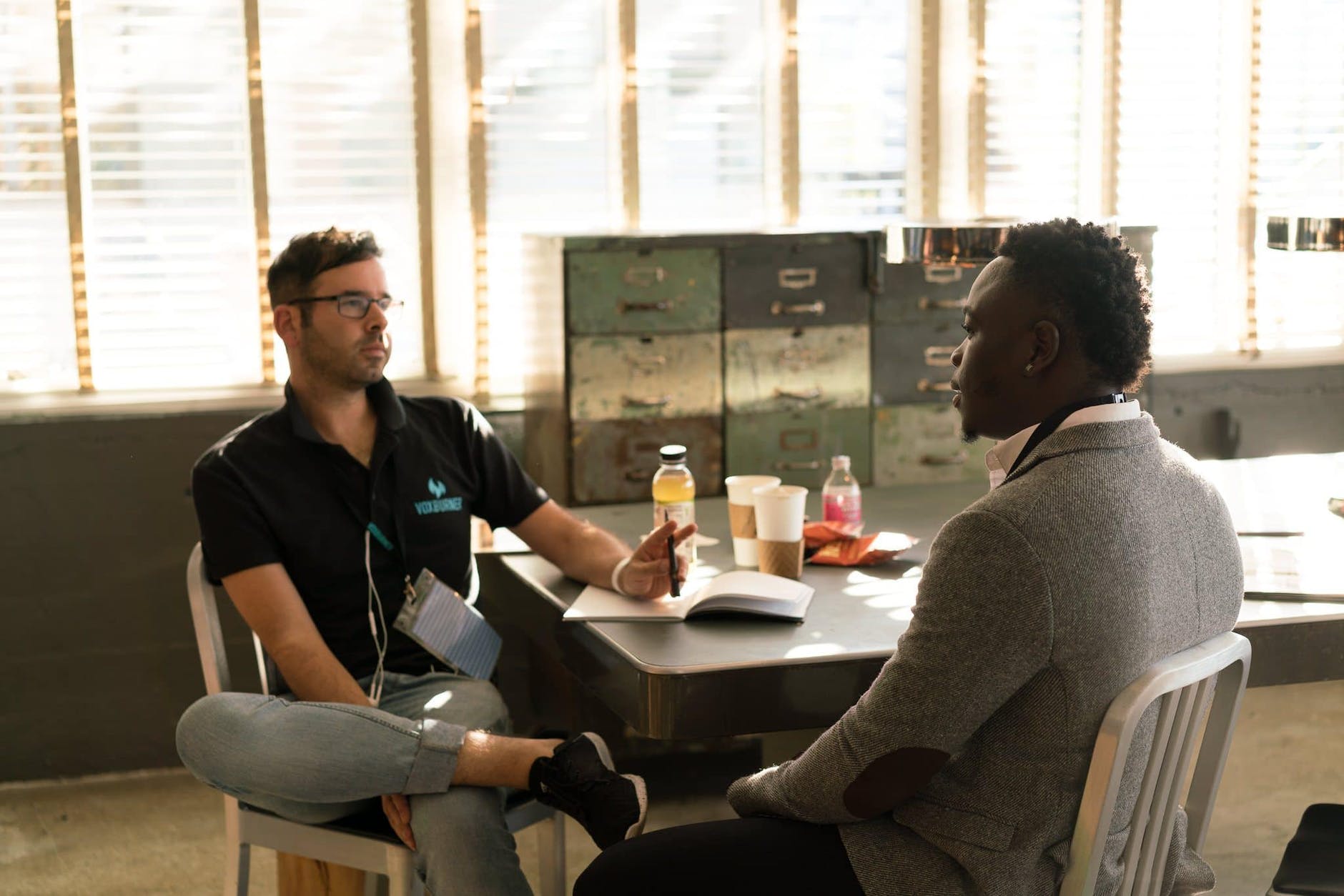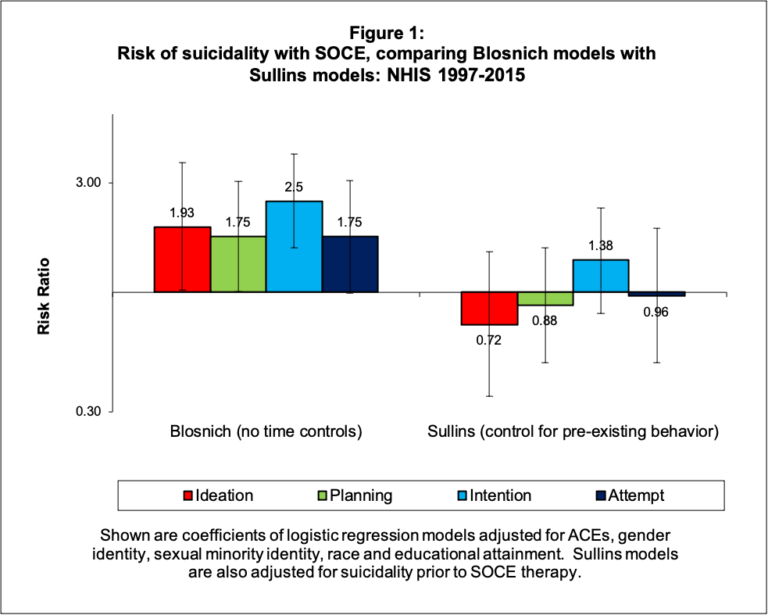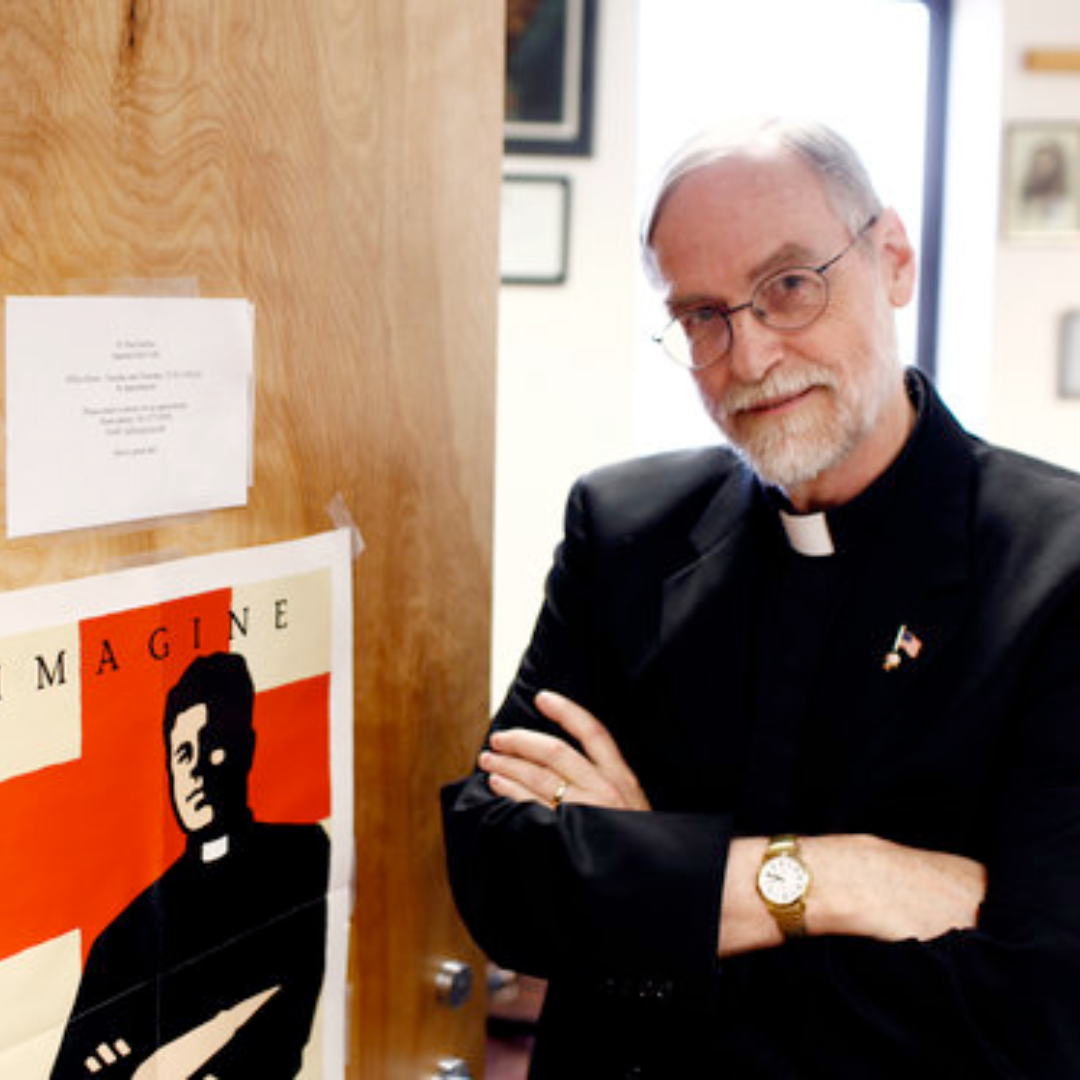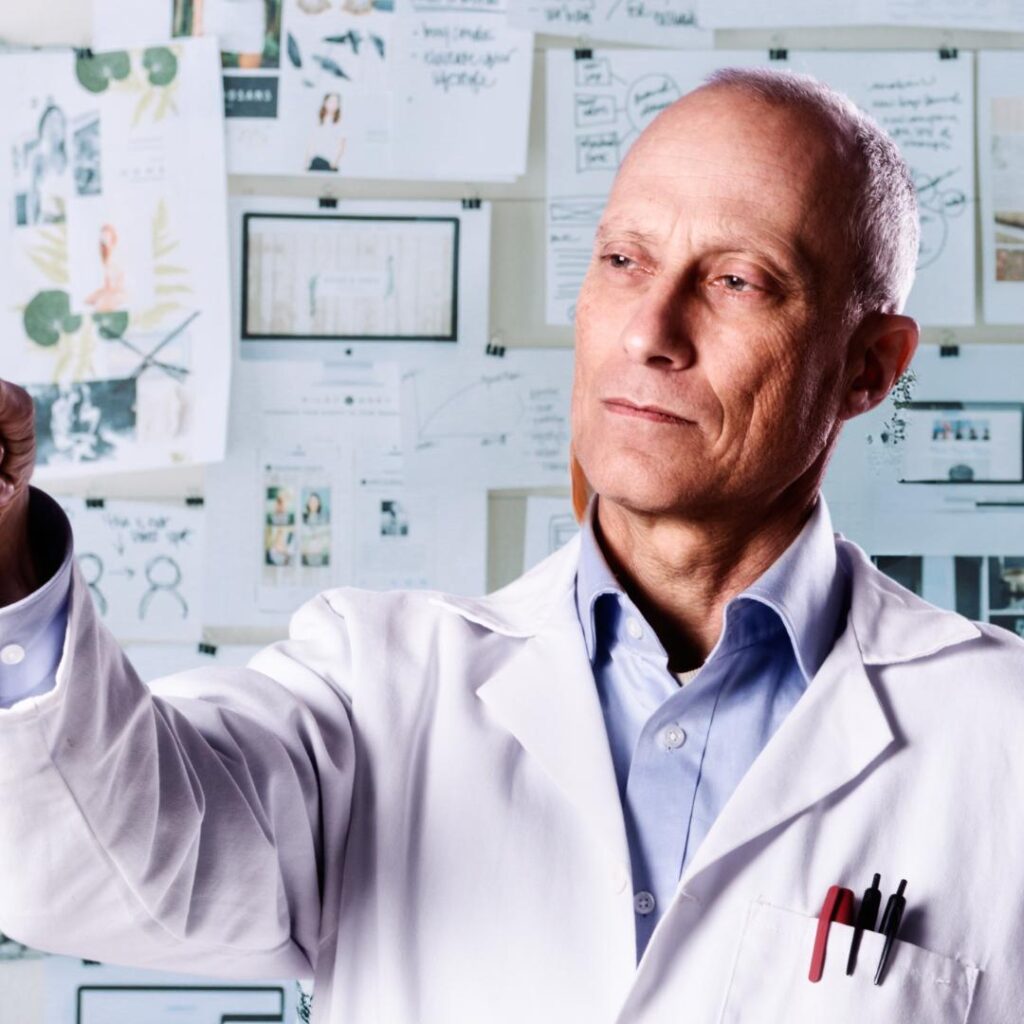Government Bans Prayers Talking About an LGBTQ Person’s ‘Need to Repent’
Tyler O’Neil January 02, 2024 at The Daily Signal Imagine the government told you what you can and cannot pray for, inside your own head.
27 US States and multiple countries around the world have banned so called conversion therapy. One big problem is that these bans are so broad they ban any type of counseling for people who want to change their sexual orientation.
Another problem is that the study used to justify these bans is based on a faulty conclusion: that Sexual Orientation Change Efforts increase suicide risks. Ruth Institute Senior Research Associate Fr. Paul Sullins discovered the methodological flaw and has published research to refute it.
27 US States and multiple countries around the world have banned so called conversion therapy. One big problem is that these bans are so broad they ban any type of counseling for people who want to change their sexual orientation.
Another problem is that the study used to justify these bans is based on a faulty conclusion: that Sexual Orientation Change Efforts increase suicide risks. Ruth Institute Senior Research Associate Fr. Paul Sullins discovered the methodological flaw and has published research to refute it.

Conversion therapy is a loaded term used to oppose therapeutic interventions associated with same-sex attraction.
Torture, at least in the United States, is already illegal. Talking to a counselor or member of the clergy about these issues isn’t harmful and shouldn’t be prohibited.
A more accurate term would be change allowing therapy or sexual orientation change efforts.
The best scientific evidence we have says there is no gay gene. And even the American Psychological Association said there isn’t any consensus on why individuals develop sexual orientation, be it straight, gay, lesbian, bi-sexual, etc.
Honestly, it is complicated and has multiple causes. Even the American Psychological Association says that there isn’t consensus among scientists about why certain sexual orientations develop, even though people have studied genetic, hormonal, developmental, social, and cultural influences.
People change all the time, and we have interviewed several who have. The story of even one person changing dispels the myth that no one can change. Listen to the stories of people who have changed: Charlene Cothran, Paul Darrow, Elizabeth Woning, and Hudson Byblow, and discover more about why they wanted to change. Or you can visit the Changed Movement and read more stories.

Paul Darrow moved to Manhattan and became a pleasure-seeker, an international fashion model, and an atheist. He enthusiastically embraced his addictions and gay identity for several decades. However, a series of grace-filled events turned his life around in amazing ways.
Charlene was a staunch advocate for gay rights, a member of several gay pride groups, and the founder of the successful lesbian magazine, Venus. Then she decided to leave it all behind while in the midst of a NYC gay pride parade.
Hudson Byblow, who once identified as gay, speaks about human sexuality in accordance with Pope St. John Paul II’s Theology of the Body in a personalized way, formed by his own journey of coming home to the Catholic Church – the last place the world said he would ever look!
Elizabeth Woning was a lesbian minister, but when she dug deeper into the Scriptures, as well as her own problems, she realized she didn’t have to continue living that way. She is now happily married to a man.
Tyler O’Neil January 02, 2024 at The Daily Signal Imagine the government told you what you can and cannot pray for, inside your own head.

In a finding that turns conventional wisdom on its head a researcher has found that so called conversion therapy aimed at reducing unwanted homosexual or

A major flaw has been exposed in studies that purport to show that so-called “conversion therapy” leads to higher rates of suicide. By Thomas Gallatin
Paul Darrow moved to Manhattan and became a pleasure-seeker, an international fashion model, and an atheist. He enthusiastically embraced his addictions and gay identity for several decades. However, a series of grace-filled events turned his life around in amazing ways.
Charlene was a staunch advocate for gay rights, a member of several gay pride groups, and the founder of the successful lesbian magazine, Venus. Then she decided to leave it all behind while in the midst of a NYC gay pride parade.
Hudson Byblow, who once identified as gay, speaks about human sexuality in accordance with Pope St. John Paul II’s Theology of the Body in a personalized way, formed by his own journey of coming home to the Catholic Church – the last place the world said he would ever look!
Elizabeth Woning was a lesbian minister, but when she dug deeper into the Scriptures, as well as her own problems, she realized she didn’t have to continue living that way. She is now happily married to a man.
Ruth Institute Senior Research Associate Fr. Paul Sullins challenged a widely-cited study that purported to show that Sexual Orientation Change Efforts (SOCE) therapy to reduce same sex attraction increases suicide risk. Fr. Sullins’ reanalysis of the same data showed that its conclusion was flawed because it had included suicide attempts made before the therapy occurred. When Fr. Sullins corrected this error, the claim that therapy caused suicidal tendencies evaporated. In fact, the evidence suggested that therapy actually reduced suicide risk.

You can access the entirety of the exchange between Fr. Sullins et al. and Blosnich et al. here:
Download the executive summary and Ruth Institute Position Paper.
Ruth Institute Senior Research Associate Fr. Paul Sullins challenged a widely-cited study that purported to show that Sexual Orientation Change Efforts (SOCE) therapy to reduce same sex attraction increases suicide risk. Fr. Sullins’ reanalysis of the same data showed that its conclusion was flawed because it had included suicide attempts made before the therapy occurred. When Fr. Sullins corrected this error, the claim that therapy caused suicidal tendencies evaporated. In fact, the evidence suggested that therapy actually reduced suicide risk.

You can access the entirety of the exchange between Fr. Sullins et al. and Blosnich et al. here:
Download the executive summary and Ruth Institute Position Paper.
General Problems with claiming that
A large body of work claims to show that SOCE is ineffective and harmful. This research is flawed in two major ways:
Most studies in the last 20 years have had one or both of these flaws.

General Problems with claiming that
A large body of work claims to show that SOCE is ineffective and harmful. This research is flawed in two major ways:
Most studies in the last 20 years have had one or both of these flaws.

into the debate over the correlation between SOCE efforts and suicidal tendencies

Fr. Sullins’ research responds to a study done by Blosnich et al. which claims that individuals who have same-sex attraction that engage in SOCE have increased suicidal thoughts, plans, and attempts.
Sullins responded that the correlation only exists because the participants were
to begin with.
the correlation disappears.
the Sullins statistical analysis still stands.
into the debate over the correlation between SOCE efforts and suicidal tendencies

Fr. Sullins’ research responds to a study done by Blosnich et al. which claims that individuals who have same-sex attraction that engage in SOCE have increased suicidal thoughts, plans, and attempts.
Sullins responded that the correlation only exists because the participants were
to begin with.
the correlation disappears.
the Sullins statistical analysis still stands.
“The purpose of sexual orientation change effort is to change an individual same sex sexual orientation to an other-sex orientation, typically from gay, lesbian to straight. These types of efforts seek to eradicate same sex sexual orientations and promote heterosexual orientations.
This is already in and of itself a violation of both sexual rights and human rights independent of any positive or negative consequence on well-being.
It is unethical to treat something that is not a disorder or pathology.
Same sex sexual orientations are normal and are not considered pathologies. Thus, sexual orientation and change efforts are clearly unethical.”

“The purpose of sexual orientation change effort is to change an individual same sex sexual orientation to an other-sex orientation, typically from gay, lesbian to straight. These types of efforts seek to eradicate same sex sexual orientations and promote heterosexual orientations.
This is already in and of itself a violation of both sexual rights and human rights independent of any positive or negative consequence on well-being.
It is unethical to treat something that is not a disorder or pathology.
Same sex sexual orientations are normal and are not considered pathologies. Thus, sexual orientation and change efforts are clearly unethical.”

This opinion illustrates that the critics of change-allowing therapy or SOCE do not care whether individuals are helped, nor whether the individual wants to seek therapy. This sort of critic is unlikely to be persuaded by any data.
Therefore we can conclude that client-directed, client-chosen
talk-therapy should be freely available to all.
Download the Press Kit Here
This opinion illustrates that the critics of change-allowing therapy or SOCE do not care whether individuals are helped, nor whether the individual wants to seek therapy. This sort of critic is unlikely to be persuaded by any data.
Therefore we can conclude that client-directed, client-chosen talk-therapy should be freely available to all.
The Ruth Institute is a 501c3 non-profit organization.
630 W. Prien Lake Road, Suite B #246, Lake Charles, LA 70601
| Cookie | Duration | Description |
|---|---|---|
| cookielawinfo-checkbox-analytics | 11 months | This cookie is set by GDPR Cookie Consent plugin. The cookie is used to store the user consent for the cookies in the category "Analytics". |
| cookielawinfo-checkbox-functional | 11 months | The cookie is set by GDPR cookie consent to record the user consent for the cookies in the category "Functional". |
| cookielawinfo-checkbox-necessary | 11 months | This cookie is set by GDPR Cookie Consent plugin. The cookies is used to store the user consent for the cookies in the category "Necessary". |
| cookielawinfo-checkbox-others | 11 months | This cookie is set by GDPR Cookie Consent plugin. The cookie is used to store the user consent for the cookies in the category "Other. |
| cookielawinfo-checkbox-performance | 11 months | This cookie is set by GDPR Cookie Consent plugin. The cookie is used to store the user consent for the cookies in the category "Performance". |
| viewed_cookie_policy | 11 months | The cookie is set by the GDPR Cookie Consent plugin and is used to store whether or not user has consented to the use of cookies. It does not store any personal data. |